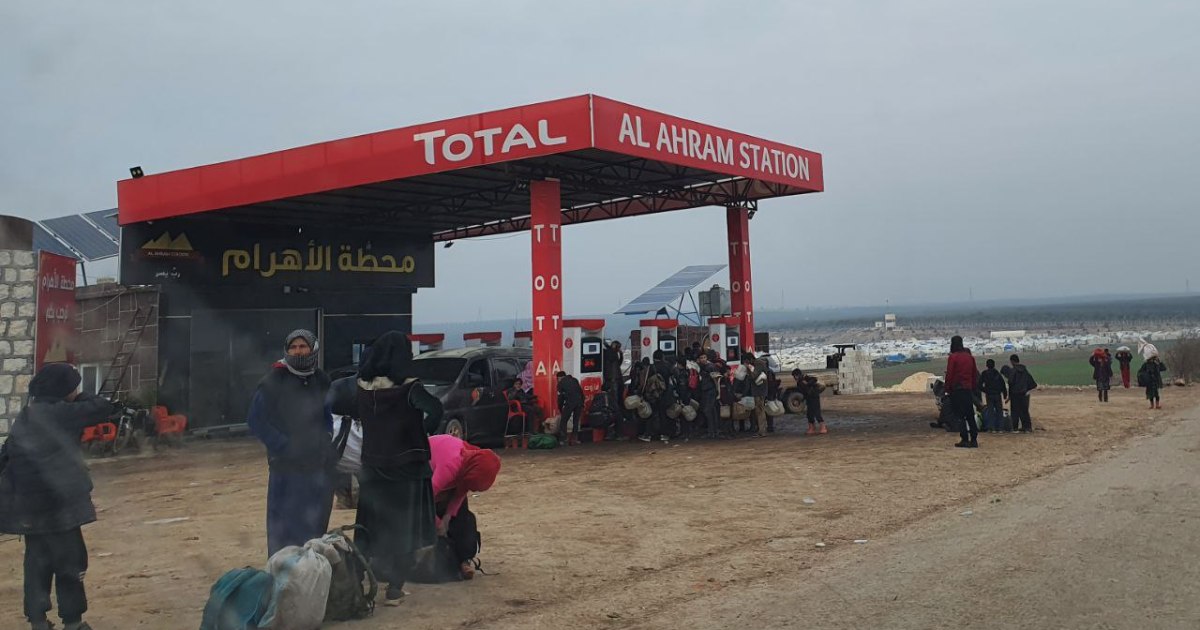Concerns over UN aid delivery amid fears Syria crossing may close
Lack of agreement regarding humanitarian aid deliveries is likely to affect more than four million citizens in northwest Syria.
Residents of Syria’s rebel-held northwest may lose access to critical aid within weeks if the United Nations Security Council (UNSC) does not extend the authorisation for cross-border deliveries, which expires on Sunday, officials said.
The last aid deliveries from Turkey to Syrians in the rebel-held northwest took place on Friday, after the UNSC failed to extend humanitarian aid for another year by way of a Russian veto.
Without an agreement, the aid deliveries stopped two days before Sunday’s expiration of the UNSC’s current one-year mandate for deliveries through the Bab al-Hawa border crossing from Turkey to northwest Idlib.
The decision is likely to affect more than four million citizens, according to Mazen Allouche, the crossing’s media office manager.
“It’s a prelude to a complete and uncontrollable famine,” said Allouche from his office.
Refugees will nearly immediately suffer the consequences of this vote.
“Russia pushed us to tents, to hunger, thirst, and heat. And now they want to deny us the food aid basket that barely sustains us for half of the month,” said Zahra Alrahmoon, a resident of the Ahl al-Tah camp in Idlib province for internally displaced Syrians.
International aid groups urged the UNSC to reach an agreement before the July 10 deadline warning that the Russian veto will harm millions of people in urgent need of assistance.
Russia, a close ally of Syria’s government, has repeatedly called for stepped-up humanitarian aid deliveries to the northwest from within Syria, across conflict lines.
This would give President Bashar al-Assad’s government more control.
‘They want to starve us’
More than 4,600 aid trucks, carrying mostly food, have crossed Bab al-Hawa so far this year, helping some 2.4 million people, according to the UN’s Office for the Coordination of Humanitarian Affairs (OCHA).
“If aid deliveries are diverted through regime [areas] then we will effectively be besieged,” said Abu Mohammad, a displaced Syrian living in a camp in northern Idlib. “They want to starve us and bring us down to our knees,” the 45-year-old father of four told the AFP news agency.
The Bab al-Hawa crossing was closed for a second consecutive day on Sunday due to the Muslim festival Eid al-Adha. When it reopens on Wednesday, it will continue to allow civilians and non-UN relief convoys to cross, including those sent by Turkish aid groups and other international aid organisations, Allouch said.
But senior UN officials and relief workers have repeatedly stressed that such aid deliveries cannot substitute the scope and scale of UN cross-border operations. The cross-border mechanism at Bab al-Hawa – in place since 2014 – is the only way UN assistance can be brought into the rebel-held northwest without navigating areas controlled by Syrian government forces.




